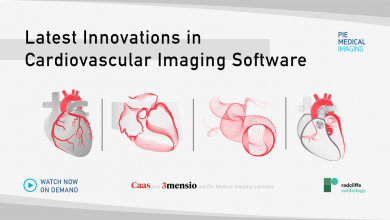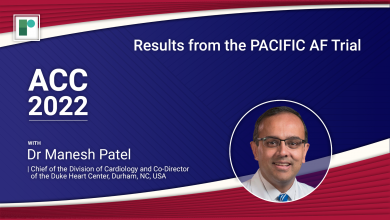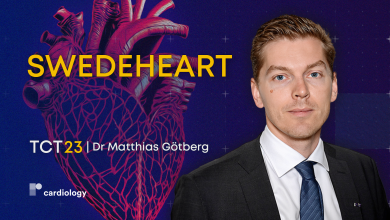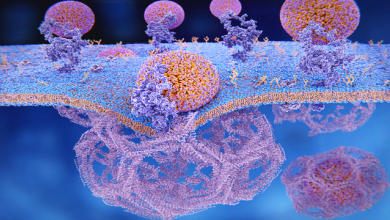Search results
Author(s):
Sverre E Kjeldsen
Added:
3 years ago
Hypertension affects approximately 26% of adults globally and is a leading risk factor for cardiovascular disease and death. The renin system is central to blood pressure (BP) control, and chronic activation of the system, as occurs in pathological conditions, leads to damage to organs (such as the heart and kidneys), as well as perpetuating elevated BP. Identification of the pivotal role played…
View more
EASD 2019: EXSCEL Trial
Author(s):
Dr Lindsay E Clegg
Added:
4 years ago
Video
Author(s):
Hasan Jilaihawi
,
João L Cavalcante
,
Nicolas M Van Mieghem
,
et al
Added:
1 year ago
Medical Imaging within the cardiovascular arena is constantly subject to changes and new innovations. Pie Medical Imaging (PMI) is a software company that strives to be a front runner in this field.
This page gives an overview of PMI’s latest software developments.
Find out more about Pie Medical Imaging
View more
Author(s):
Manesh R Patel
Added:
2 years ago
In this short interview from our coverage of ACC.22 late-breaking trials, Dr Manesh Patel (Duke Heart Center, US) discusses the multicentre, randomised, double-blind PACIFIC-AF trial (Bayer)(NCT04218266).
The trial sought to determine the efficacy of the oral FXIa inhibitor asundexian and evaluate the safety of the drug, compared to the non-vitamin K oral anticoagulant (NOAC) apixaban, in…
View more
TCT 23: IFR SWEDEHEART
Author(s):
Matthias Gotberg
Added:
5 months ago
Video
Author(s):
Massimo Volpe
,
Giuliano Tocci
,
Francesca Giovannelli
Added:
3 years ago
Cerebrovascular accidents are one of the leading causes of morbidity and mortality worldwide. The World Health Organization (WHO) found that in 1990 stroke accounted for 4.3 million mortalities, the third most common cause of death worldwide. Projecting forward to 2020, the incidence of stroke-related death is expected to rise to 7.7 million per year.
High blood pressure is one of the most…
View more
Author(s):
Felipe Martínez
Added:
3 years ago
Author(s):
Anandita Agarwala
,
Michael D Shapiro
Added:
3 years ago
Atherogenic dyslipidaemia encompasses a broad variety of lipid phenotypes. While LDL cholesterol is a well-known risk factor for atherosclerotic cardiovascular disease (ASCVD), there are additional atherogenic lipoproteins that may be targeted to further reduce ASCVD risk.
In their comprehensive review, Lorenzatti and Toth emphasise that, even when LDL cholesterol levels are optimised, ASCVD…
View more
Author(s):
Wolfgang Koenig
Added:
3 years ago
The notion that atherosclerosis carries features of an inflammatory disease has existed for quite some time. As early as 1856, Rudolf Virchow in his Textbook on Pathology mentioned the term “coronaritis”. Almost 150 years later, following the elucidation of major cardiovascular risk factors in the 1950s Framingham Study, Russell Ross entitled his 1999 review on mechanisms of atherosclerosis …
View more
Author(s):
Alberto Corsini
Added:
3 years ago
Premise
Evidence spanning from the pathogenesis of atherosclerosis to epidemiological studies consistently support the direct association of elevated plasma low-density lipoprotein-cholesterol (LDL-C) with the increased risk of cardiovascular disease (CVD). Meta-analysis of 14 trials of statin therapy, with more than 90,000 participants, has shown that each 1mmol/l (39mg/dl) of LDL-C reduction…
View more















